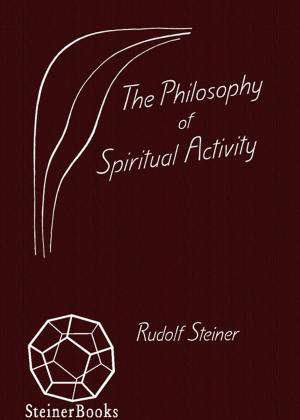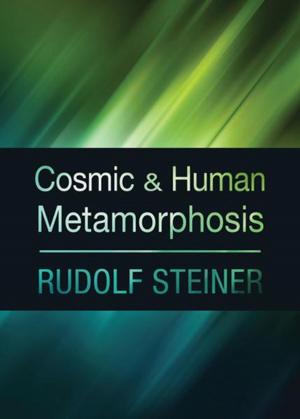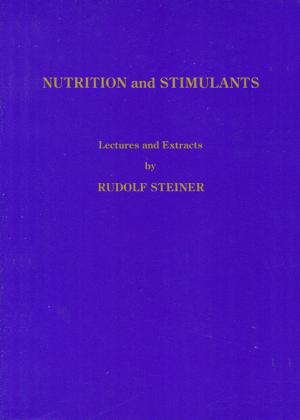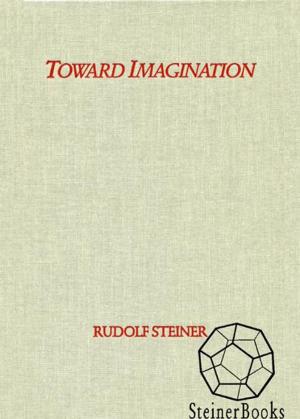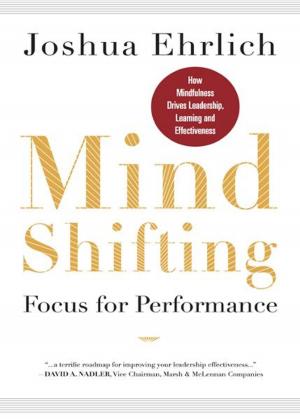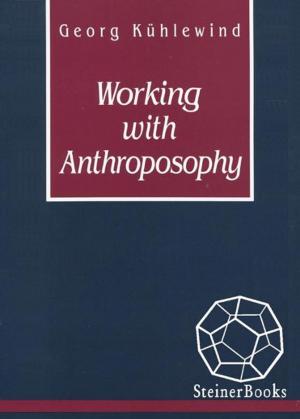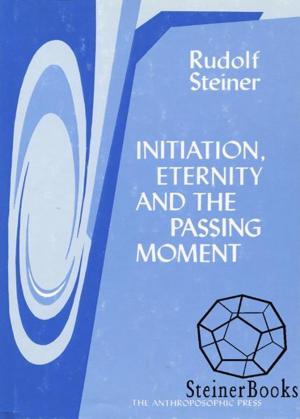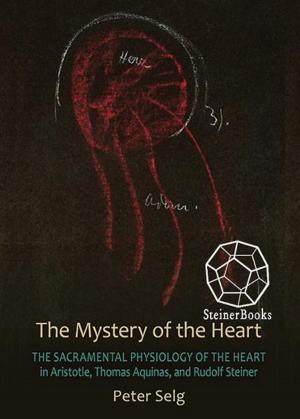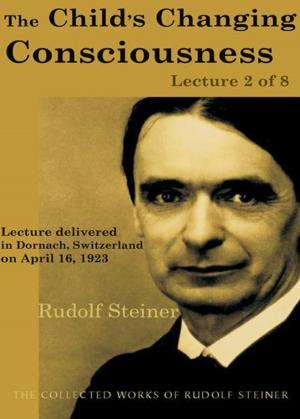The Foundations of Human Experience: Lecture 2 of 14
Nonfiction, Reference & Language, Education & Teaching, Educational Theory, Philosophy & Social Aspects| Author: | Rudolf Steiner | ISBN: | 9780880107518 |
| Publisher: | Steinerbooks | Publication: | September 1, 1996 |
| Imprint: | SteinerBooks, Collected Works 293 | Language: | English |
| Author: | Rudolf Steiner |
| ISBN: | 9780880107518 |
| Publisher: | Steinerbooks |
| Publication: | September 1, 1996 |
| Imprint: | SteinerBooks, Collected Works 293 |
| Language: | English |
This lecture is part of the collection "The Foundations of Human Experience" by Rudolf Steiner. Steiner (1861-1925) was an Austrian philosopher, social reformer, architect, and esotericist. He gained initial recognition as a literary critic and cultural philosopher. At the beginning of the 20th century, he founded a spiritual movement, Anthroposophy. He is considered the father of Waldorf education, biodynamic agriculture, anthroposophical medicine and spiritual science. Psychology based upon Anthroposophical world view as a foundation for teaching. Concerning the empty concepts of modern psychology. The central meaning of thinking and willing. The pictorial character of thinking: reflection of prenatal experience. The will as a seed for spirit-soul reality after death. The transformation of prenatal reality into thoughts through the power of antipathy; the increase of this power to memory and concept. The increase of the sympathetic power of willing to imagination and living pictures. Blood and nerves: the tendency of the nerves to become material, the tendency of the blood to become spiritual. The intertwining of sympathy and antipathy in the brain, in the spinal cord and in the sympathetic nervous system. The threefold aspects of the human being: head, chest and limbs. The interactions of these three aspects and their relationship to the cosmos. The development of willing and thinking through pedagogy. The entire Collected Works of Rudolf Steiner are available from SteinerBooks.
This lecture is part of the collection "The Foundations of Human Experience" by Rudolf Steiner. Steiner (1861-1925) was an Austrian philosopher, social reformer, architect, and esotericist. He gained initial recognition as a literary critic and cultural philosopher. At the beginning of the 20th century, he founded a spiritual movement, Anthroposophy. He is considered the father of Waldorf education, biodynamic agriculture, anthroposophical medicine and spiritual science. Psychology based upon Anthroposophical world view as a foundation for teaching. Concerning the empty concepts of modern psychology. The central meaning of thinking and willing. The pictorial character of thinking: reflection of prenatal experience. The will as a seed for spirit-soul reality after death. The transformation of prenatal reality into thoughts through the power of antipathy; the increase of this power to memory and concept. The increase of the sympathetic power of willing to imagination and living pictures. Blood and nerves: the tendency of the nerves to become material, the tendency of the blood to become spiritual. The intertwining of sympathy and antipathy in the brain, in the spinal cord and in the sympathetic nervous system. The threefold aspects of the human being: head, chest and limbs. The interactions of these three aspects and their relationship to the cosmos. The development of willing and thinking through pedagogy. The entire Collected Works of Rudolf Steiner are available from SteinerBooks.



